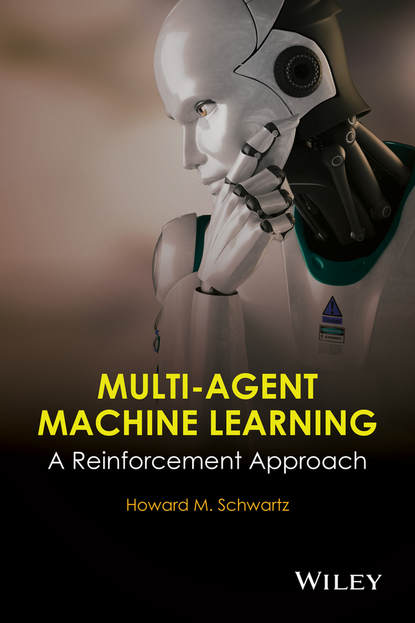- бизнес-книги
- детские книги
- дом, дача
- зарубежная литература
-
знания и навыки
- изучение языков
- компьютерная литература
- научно-популярная литература
- словари, справочники
-
учебная и научная литература
- безопасность жизнедеятельности
- военное дело
- гуманитарные и общественные науки
- естественные науки
- задачники
- монографии
- научные труды
- практикумы
- прочая образовательная литература
- сельское и лесное хозяйство
-
технические науки
- высокие технологии
- горное дело
- информатика и вычислительная техника
- конструкции
- легкая промышленность
- материаловедение
- машиностроение
- нормативная документация
- общетехнические дисциплины
- основы производства
- пищевая промышленность
- приборостроение
- проектирование
- промышленность
- радиоэлектроника
- строительство
- техническая литература
- технологии металлов
- транспорт
- химическая технология
- эксплуатация промышленного оборудования
- энергетика
- учебники и пособия для вузов
- учебники и пособия для ссузов
- учебно-методические пособия
- история
- комиксы и манга
- легкое чтение
- психология, мотивация
- публицистика и периодические издания
- родителям
- серьезное чтение
- спорт, здоровье, красота
- хобби, досуг
H. M. Schwartz — Multi-Agent Machine Learning
Купить и скачать за 12688.62 ₽

Понравилась книга? Поделись в соцсетях:
Автор: H. M. Schwartz
Издатель: John Wiley & Sons Limited
ISBN: 9781118884478
Описание: The book begins with a chapter on traditional methods of supervised learning, covering recursive least squares learning, mean square error methods, and stochastic approximation. Chapter 2 covers single agent reinforcement learning. Topics include learning value functions, Markov games, and TD learning with eligibility traces. Chapter 3 discusses two player games including two player matrix games with both pure and mixed strategies. Numerous algorithms and examples are presented. Chapter 4 covers learning in multi-player games, stochastic games, and Markov games, focusing on learning multi-player grid games—two player grid games, Q-learning, and Nash Q-learning. Chapter 5 discusses differential games, including multi player differential games, actor critique structure, adaptive fuzzy control and fuzzy interference systems, the evader pursuit game, and the defending a territory games. Chapter 6 discusses new ideas on learning within robotic swarms and the innovative idea of the evolution of personality traits. • Framework for understanding a variety of methods and approaches in multi-agent machine learning. • Discusses methods of reinforcement learning such as a number of forms of multi-agent Q-learning • Applicable to research professors and graduate students studying electrical and computer engineering, computer science, and mechanical and aerospace engineering